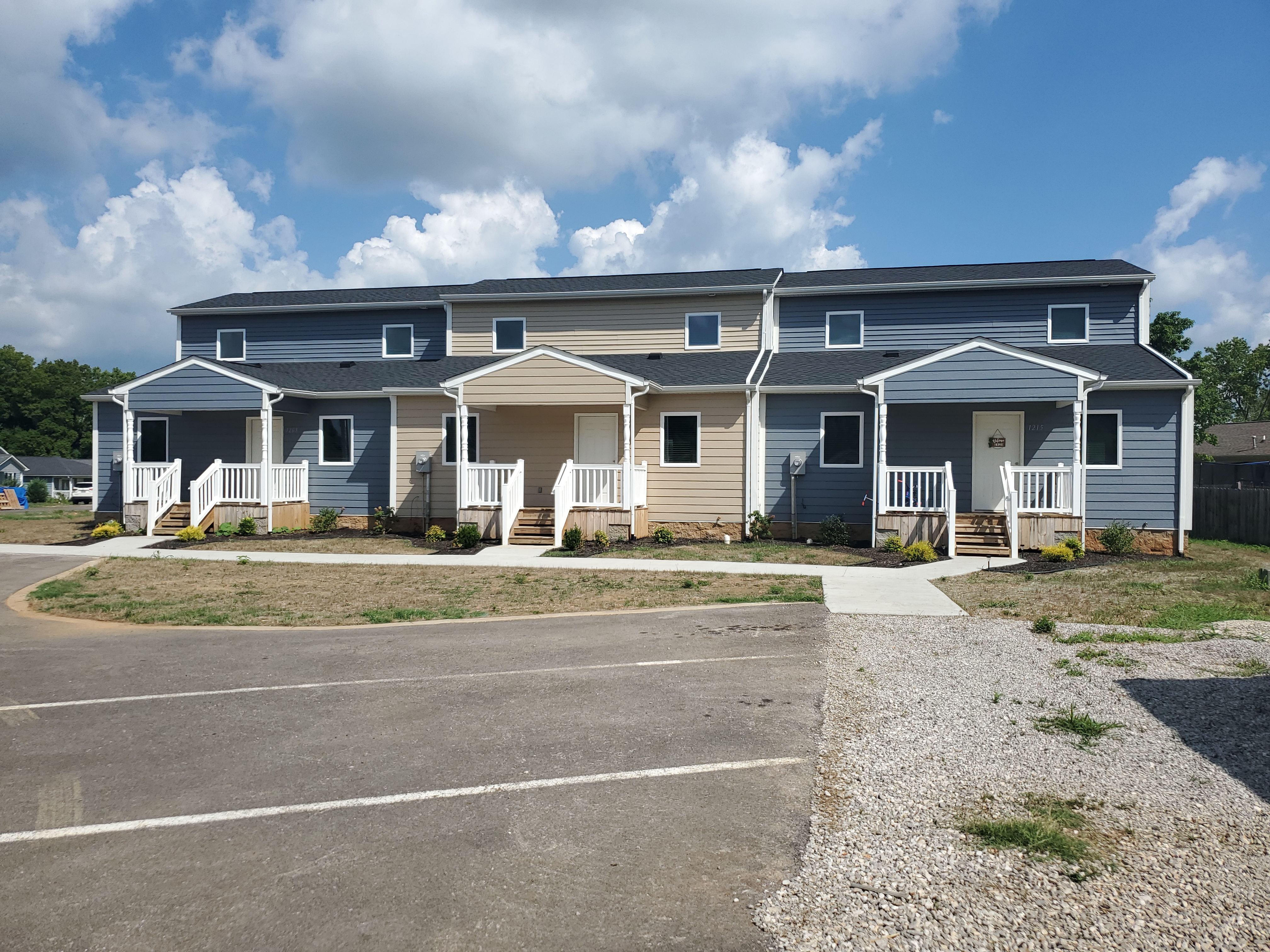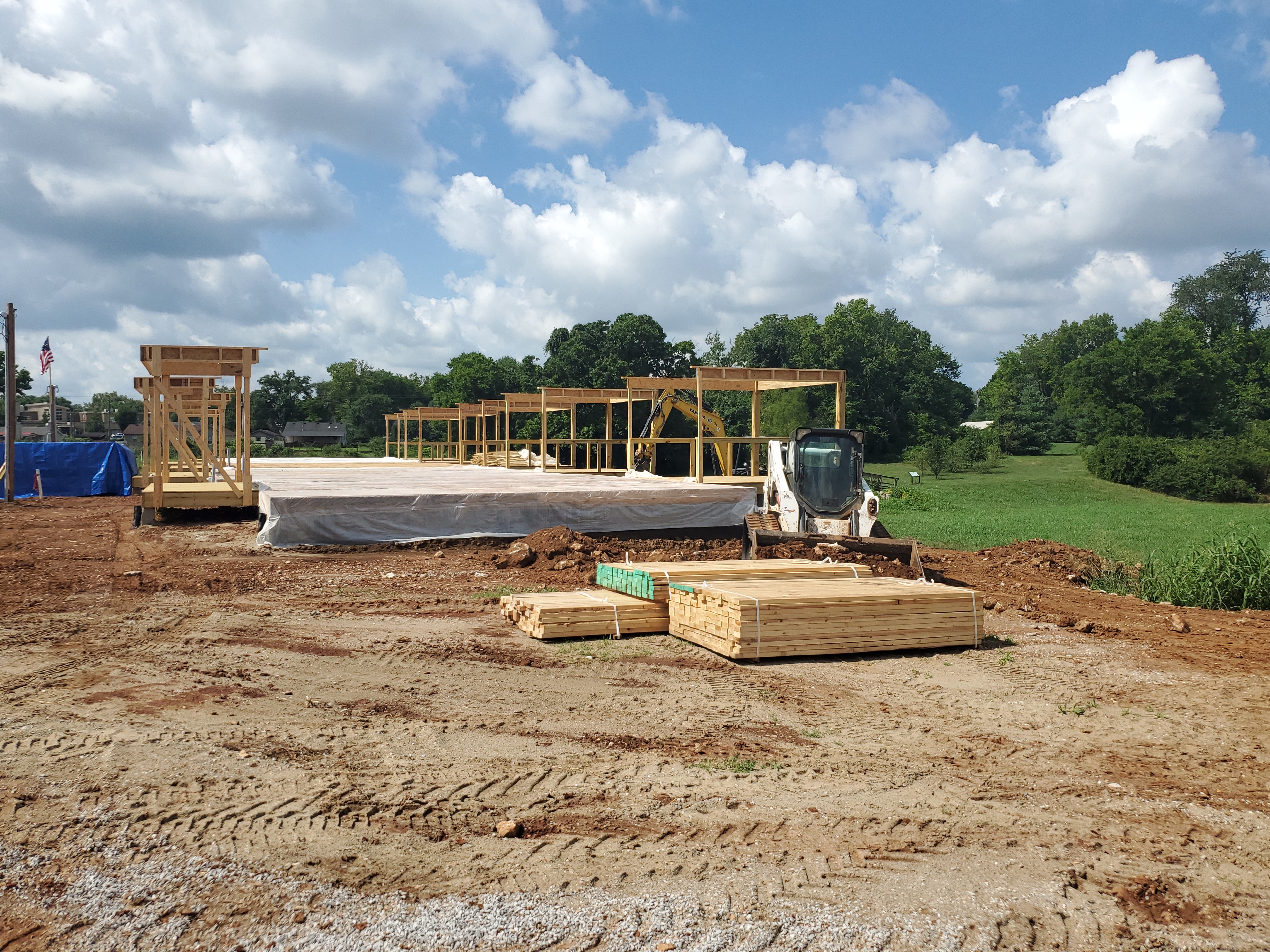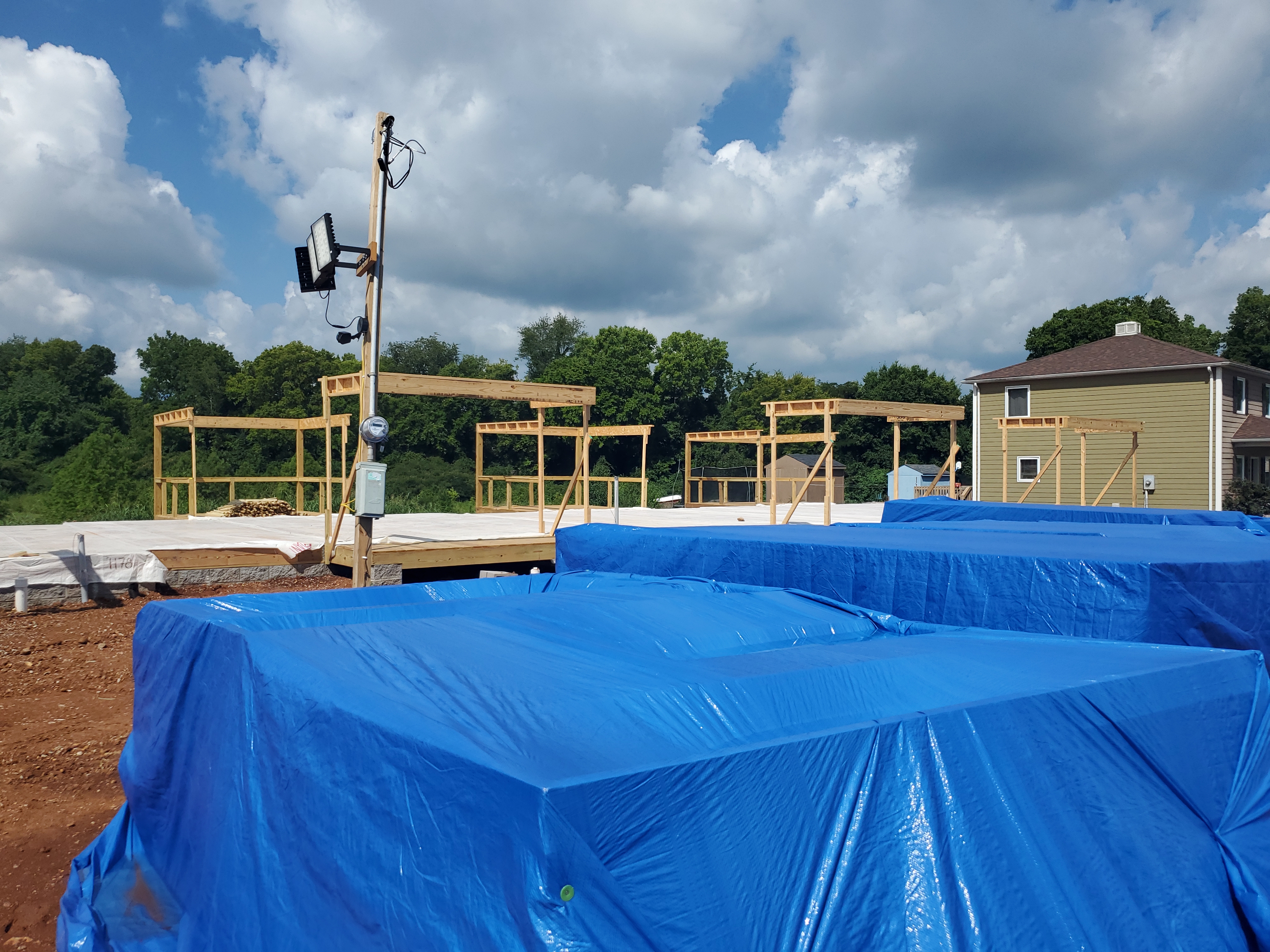Bowling Green Habitat for Humanity
Habitat for Humanity is a non-profit organization dedicated to providing affordable housing to those who cannot otherwise afford it. In Bowling Green alone, Habitat has built around one hundred homes and completed countless repairs to existing homes since the organization started in 1990. Those who qualify do not get homes “for free,” but they do get homes with a zero percent interest rate on the mortgage. This saves families thousands of dollars, assists families to invest in long term assets, and builds permanency in Bowling Green communities.

About the Bowling Green Habitat for Humanity
Habitat for Humanity is a non-profit organization dedicated to providing affordable housing to those who cannot otherwise afford it. In Bowling Green alone, Habitat has built around one hundred homes and completed countless repairs to existing homes since the organization started in 1990. Those who qualify do not get homes “for free,” but they do get homes with a zero percent interest rate on the mortgage. This saves families thousands of dollars, assists families to invest in long term assets, and builds permanency in Bowling Green communities.
Habitat for Humanity provides many benefits to Bowling Green outside of just building homes. For example, once the homes are built and purchased by a family, the City of Bowling Green is now able to collect property taxes on these homes, instead of letting lots sit undeveloped. One such project in Bowling Green will bring in an estimated $100,000 when the homes are completed.
Habitat also runs a used-item store called the “ReStore,” which serves a twofold purpose: selling used homegoods to Bowling Green families, and raising funds to support Habitat for Humanity. Rodney Goodman, Executive Director of Habitat for Humanity here in Bowling Green, describes the store as “[if] Goodwill and Home Depot had a baby.” When Habitat reaches out to individuals, they may not have actual cash to donate, but many people do have used homegoods that they can donate instead. ReStore sells these used homegoods to customers, then uses the money to support building more homes. Last year, ReStore profited around $350,000 to support building homes. These donated items also stay out of landfills. If individuals do not have cash or homegoods, they can volunteer. Most of Habitat’s laborers are volunteers from the community, which minimizes labor costs needed to construct new homes.
roadbumps on the way to success
When the economy entered a recession in 2008 and 2009, the federal government more heavily regulated the mortgage industry which, in turn, put more of a burden on Habitat. In essence, “Habitat is a mortgage company, a retail operation, a construction company, and a social work company,” according to Goodman. With the regulations that came in the late 2000s, Habitat now falls under OSHA restrictions which add even more challenges. Notably, Habitat is now required to have an OSHA Compliance Officer, and a Qualified Loan Originator.
Implementing a Similar Idea in your Own Community
If you ask Rodney Goodman what advice he would give to anyone looking to run an organization like Habitat for Humanity, he would advise you to network and build relationships with members of the community. Habitat partners with many organizations including Western Kentucky University, local engineering firms, the Kentucky Division of Water, and Service One Credit Union. Relationships with the City of Bowling Green allow Habitat to obtain building permits for free. Organizations like the Bowling Green Housing Authority help connect Habitat with low-income citizens who are in the market to buy a home.
Related Resources
Looking for more information on how you can duplicate this success in your own community? Check out the resources below!

